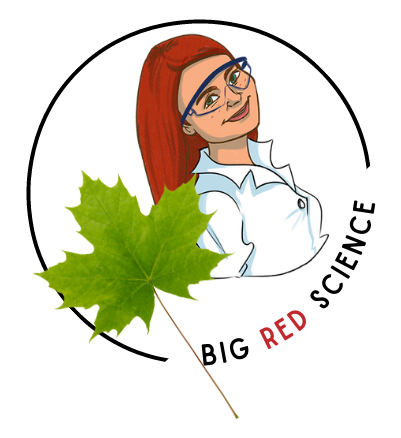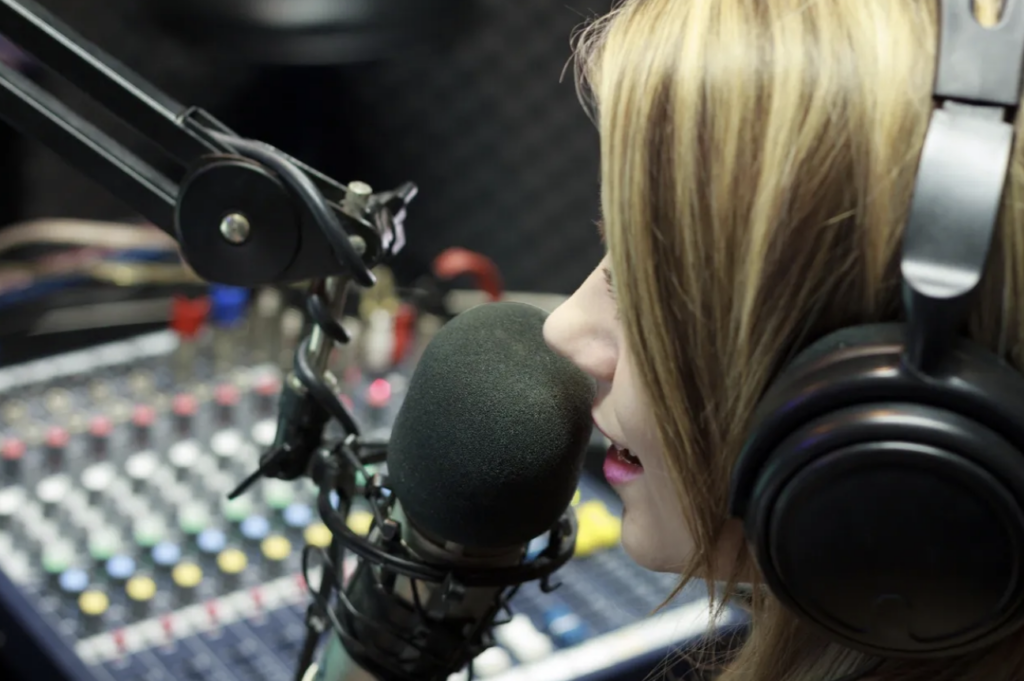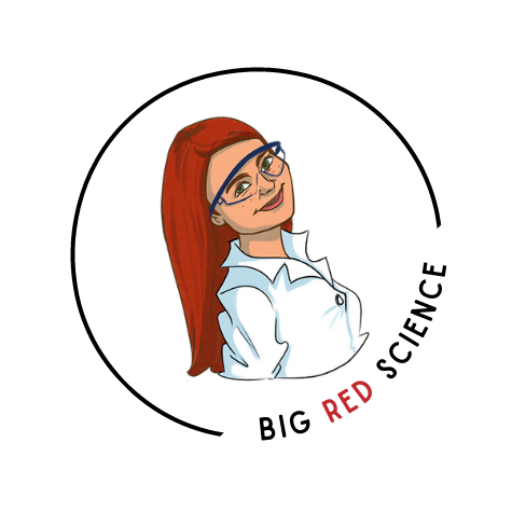I hate grading research papers.
And I’ve met very few kids who get excited about writing a research paper.
But research skills are important! Students have so much content at their fingertips and don’t always know how to sift through it to find the good stuff. I want them to gain confidence with this because it’s crucial to their learning and lives in today’s world. Plus I don’t want to be the one researching and curating all the time – that should be on them as well!
So we agree they need to research, right?
But papers are pretty boring. And presentations are often boring, too. So early in my teaching, I started seeking ways to make research (and projects in general) more exciting for everyone. And my favorite alternative to a paper is….
…
….
…..
Podcasts!
When I did this project for the first time in 2012, podcasts were not as well-known as they are now – I had to explain to my students that a podcast was basically a radio show. This explanation is no longer necessary!
A podcast can be used as research product for a plethora of topics, but my favorite place to use it has been at the beginning of a chemistry class or unit, when students are often asked to research an element. This topic is general enough that it allows students to take their work in some different directions.
I’ll use my chemical element podcast assignment as my example going forward.
How do you introduce the project?
I start out by asking students about their experience with podcasts: If they listen to any, why they like the ones they like, what makes a podcast engaging, etc. Sometimes we will listen to a segment from Quirks and Quarks, which is an excellent science podcast produced by CBC Radio.
Students will note that there are aspects of a podcast’s technical production that are important: clear voices, music or sound effects, no background noise, etc.
I give them an outline that contains two checklists. One has to do with the podcast production and one has to do with the informational content.

What do they include in their podcasts?
In the podcast production checklist I provide requirements like length, a certain number of sound effects, music, a name for the show, etc.
In the research checklist I ask for general info, how it was discovered, a story that involves their element, what would happen if it one day disappeared from the earth, etc.
I also require that their podcast includes an interview segment and a chemistry-related commercial. These often
end up being the best parts!
In the interviews, I’ve had everything from students interviewing real scientists they know to a student interviewing the ghost of Queen’s Freddie Mercury!
And the commercials are generally silly, which we all love.
It’s the same content you’d be getting in a paper, but it’s so much more engaging.
I also require students to appear in a classmate’s podcast. You might choose to bend the rules on this as you see fit, but I like setting up this expectation to ensure that students help each other and that they can easily find someone to interview.
What about the technical part? I’ve never made a podcast!
I’ve never had an issue with technology. I encourage students to use either Audacity or iMovie, and I’ve played around with Audacity and find it quite intuitive. Kids rarely ask me for help anyway.
They are used to figuring out how to use new technology, and when they need help they tend to go to each other first or look to YouTube. Don’t let this be what stops you!
Folks – I love this project. It’s one of those things that I get really excited about introducing. It’s a project that they’ll remember in ten years! I encourage you to listen to at least a few of the final products together in class, and I guarantee there will be laughter and joy.
And doesn’t that make everyone’s day better?
If you want to check out the exact chemical element version that I do, you can grab it here at my TpT store.
This includes the outline with checklists, a graphic organizer for their research, and a couple of grading options. I also encourage you to think about how you’d make an assignment of your own for another topic and run with it!
And as usual, let me know how it goes!
Scientifically yours,
Mo
Interested in weekly science teaching tips? Click here!
Interested in other blog posts? Check out:
A Simple Routine to Promote Reflection and Positive Relationships
Using YouTube for an Alternative Bell Ringer
My Top 5 Movies for the Science Classroom
My Favorite Way to Start the Science School Year
My Favorite Way to Review Vocabulary in High School Science
An Unexpected Way to Foster Positivity in the Classroom
March Mammal Madness: What’s all the hype about?
The Top 23 Teaching Interview Questions
Using Case Studies in the Science Classroom



